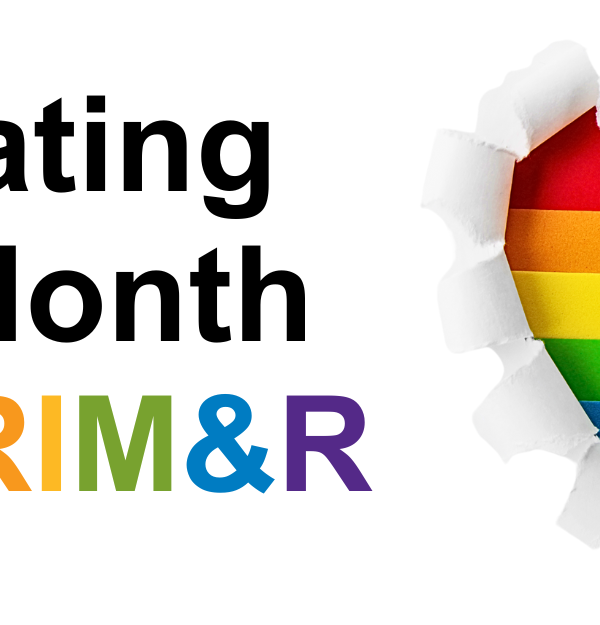In this episode of PRIM&R's podcast, "Research Ethics Reimagined," we explore the critical role of research with nonhuman animals in…
Read MorePRIM&R commemorates the 50th anniversary of the National Research Act of 1974 on Friday, July 12, with The Office for…
Read MoreIn this episode of PRIM&R's podcast, “Research Ethics Reimagined,” we explore the intersection of artificial intelligence, ethics, and studying human…
Read MoreJune is Pride Month, a time to celebrate the diverse identities and experiences within the LGBTQIA+ community. At PRIM&R, we…
Read MoreClinical research is vital to help physicians, and moreover, the public, understand how mental health conditions develop, how they impact…
Read More
